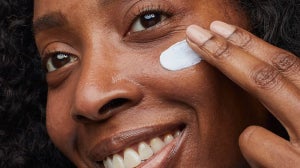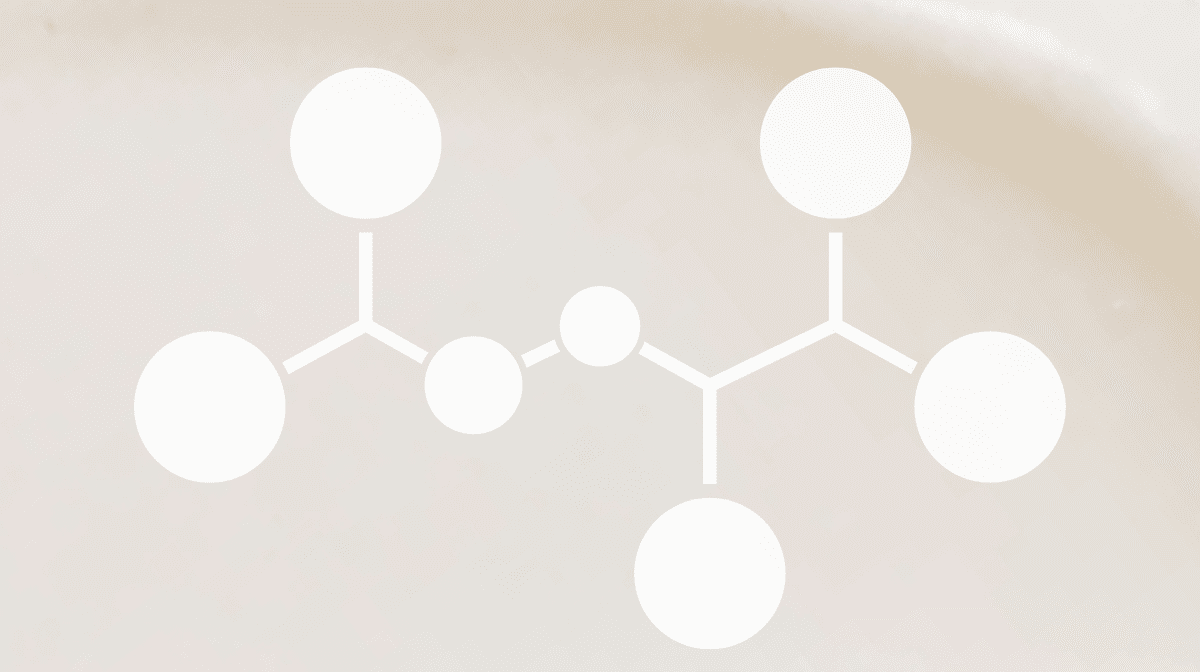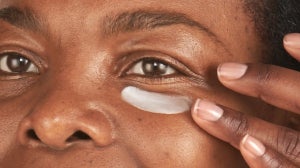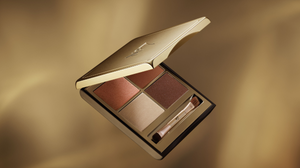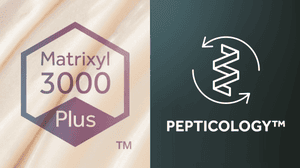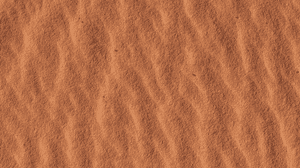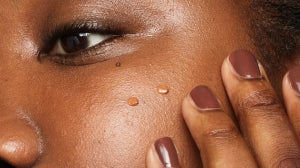
Collagen is a skin superstar that’s been increasing in popularity since it first burst onto the beauty scene. But what exactly is collagen, what does it do for our skin, and how can we incorporate it into our routines? We take a closer look at this increasingly popular ingredient and supplement.
What is collagen?
Put simply, collagen is a protein – and it’s one of the building blocks of healthy skin. Collagen is crucial to many different parts of the body, including tendons, ligaments, muscles and skin.
Unfortunately, as we age, our skin can find it more difficult to retain and produce collagen, and the structure it provides the skin can change. As collagen levels decline, or its distribution in the skin changes, we may start to see fine lines, wrinkles and skin that is less plump and firm.
Environmental factors can also accelerate these collagen changes, including smoking and sun exposure.
What are the benefits of collagen?
With adequate levels of collagen, skin can feel hydrated, firm, plump and smooth, with less visible lines and wrinkles.
Can collagen be applied topically and absorbed through the skin?
Several skincare ingredients can be applied topically to support the skin’s natural collagen.
Matrixyl 3000 Plus™ is a powerful collagen peptide-based technology that helps the skin to recover from the effects of depleted collagen and elastin. Unlike collagen itself, the molecules of collagen peptides are much smaller and therefore able to penetrate beyond the skin’s surface. As a result, fine lines and wrinkles can appear reduced.
Matrixyl 3000 Plus™ is a blend of three peptides, one of which is found naturally within the collagen protein that forms part of the skin’s natural support structure. This why it’s referred to as a ‘skin-identical peptide technology’.
Try it for yourself in No7’s Laboratories range, our most powerful, clinically proven range of age-defying skincare.
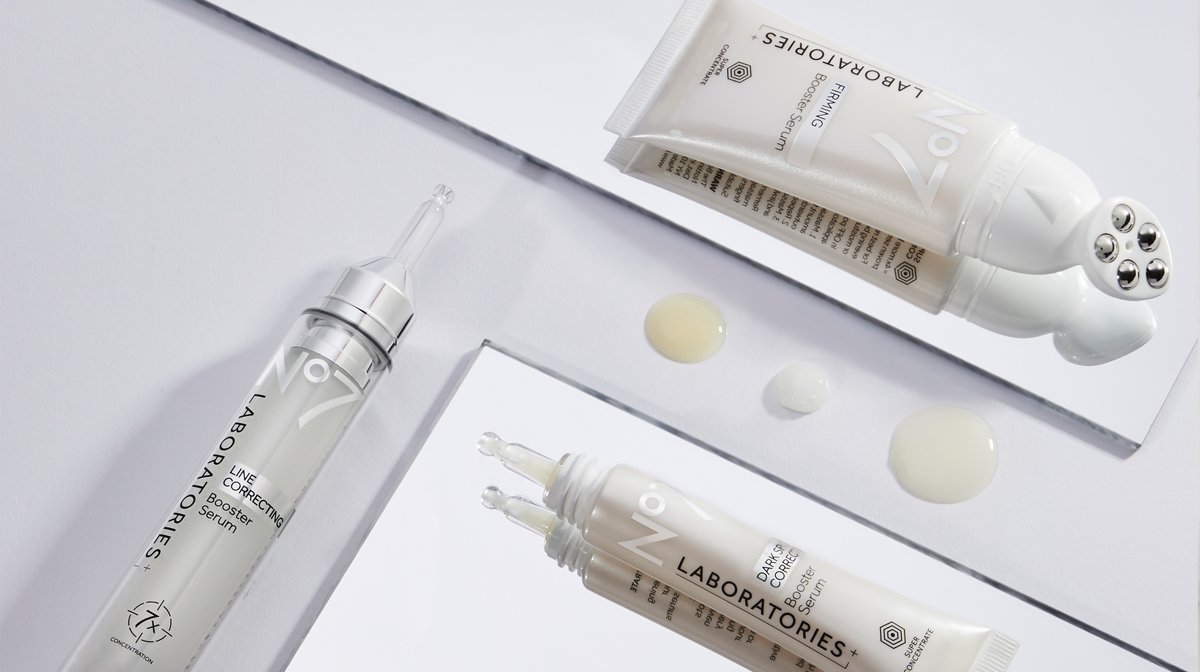
Discover our LABORATORIES Range
We reveal the No7 LABORATORIES range, and how they can help address specific skincare concerns.
Applying retinol can also increase skin cell turnover and support collagen. Try No7’s Essential Night Time Retinol Regime, formulated to target the appearance of 7 key signs of ageing.
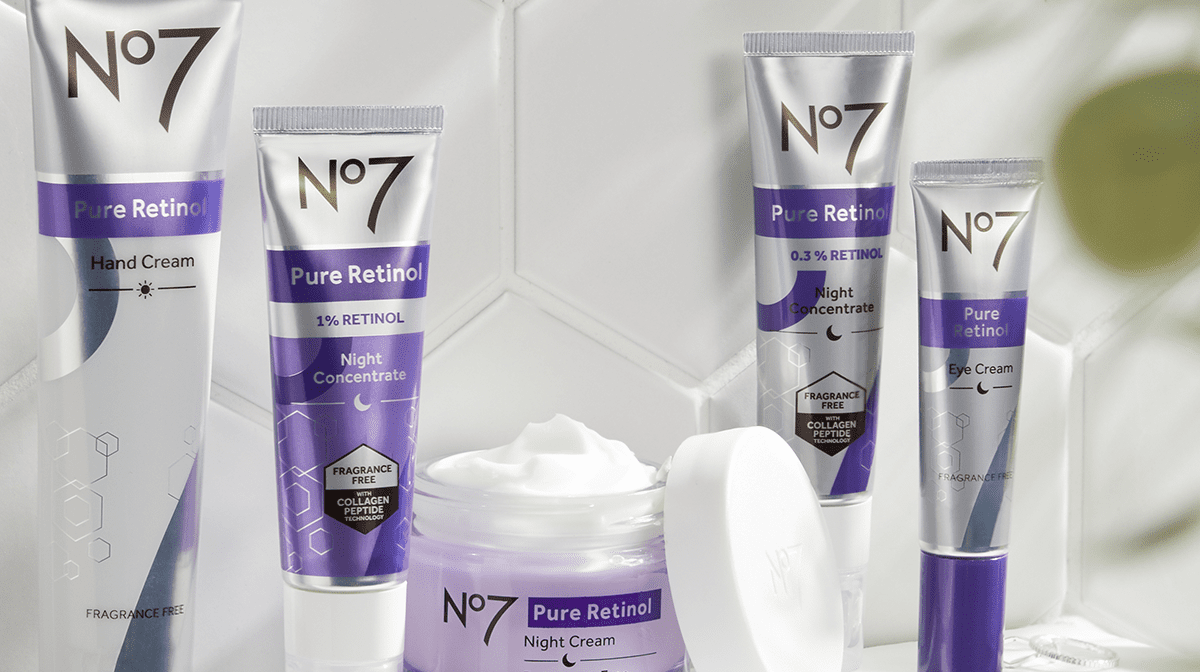
How to use retinol in your skincare regime
Distinguish the facts and fiction about retinol, the ultimate anti-ageing ingredient.
Vitamin C is a known cofactor in the production of skin collagen. Discover more about Vitamin C and all the benefits it brings to your skin.
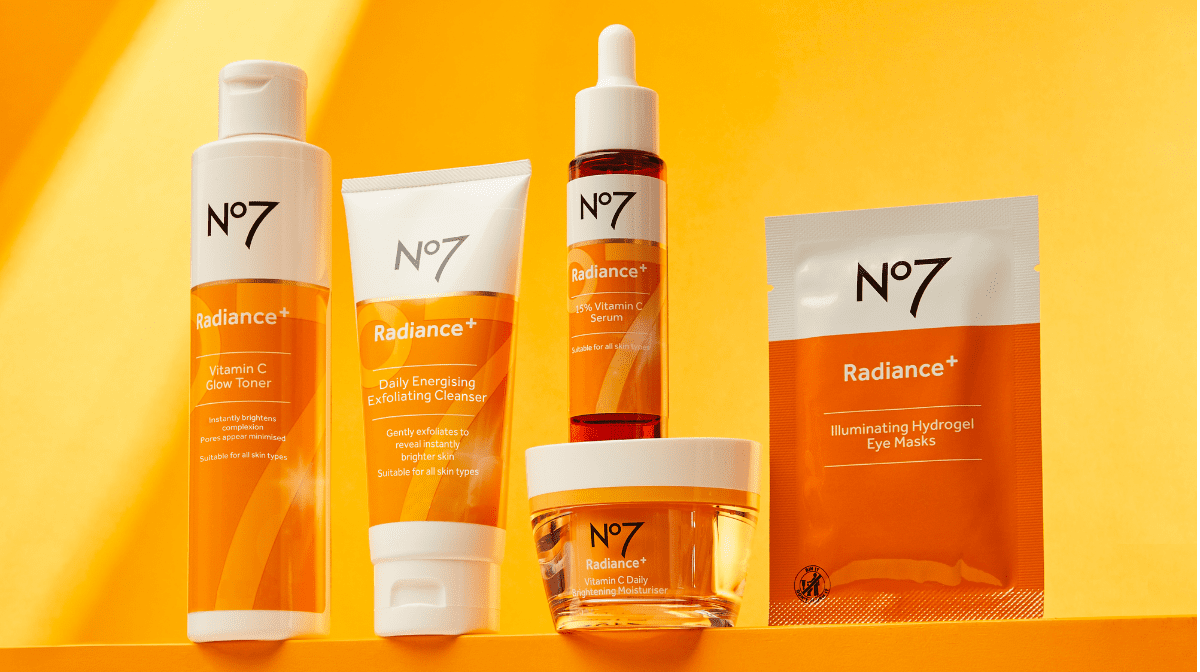
What is Vitamin C Good for & How can it Transform Your Skin
A potential game-changer when added to your daily skincare routine, Vitamin C helps keep your skin looking youthful and fresh.
Should I take supplements to stimulate the growth of collagen?
You don’t need to take collagen supplements for your skin to produce collagen, as it already does this by using the amino acids from your diet. However, if you want to support your collagen levels from the inside out or you struggle to get enough protein into your diet on a regular basis, supplements are an option.
Collagen supplements are available as powder, capsules or liquid. There are a few different sources that collagen supplements use, including animal (generally from cows) and marine (from fish). More recently, some vegan options have also been launched onto the market.
Other nutrients are also important for collagen production, particularly vitamin C, which supports collagen formation for the normal function of the skin.
Vitamin C is only stored within your body in small amounts, making regular intake important.
Vitamin C can be found in foods such as citrus fruits, peppers and broccoli, as well as food supplements.
How effective are collagen supplements?
Some studies suggest that taking collagen supplements may support skin elasticity.
However, as these are relatively new supplements, more research is still ongoing.
Can my diet impact the production of collagen in my skin?
A balanced and varied diet can really support the health of our skin.
Your skin uses the amino acids in foods to create collagen, so it’s important to make sure that your diet includes enough protein. Animal products such as meat, poultry, fish and seafood are often rich in collagen, in particular, the skin and bones. If you’re vegetarian, focus on plant sources of protein such as beans, legumes, eggs, dairy and tofu.
Vitamin C is also crucial for collagen synthesis, so aim to eat citrus fruits, peppers and berries which are a good source of vitamin C.
Should I use collagen supplements or topical products?
If you are consuming a balanced and varied diet, collagen supplements are not necessary. Topical application of collagen-supporting skincare ingredients such as Matrixyl 3000 Plus™ and Retinol can help to support the skin’s natural collagen and keep skin looking firm, plump and youthful.

Related Articles
